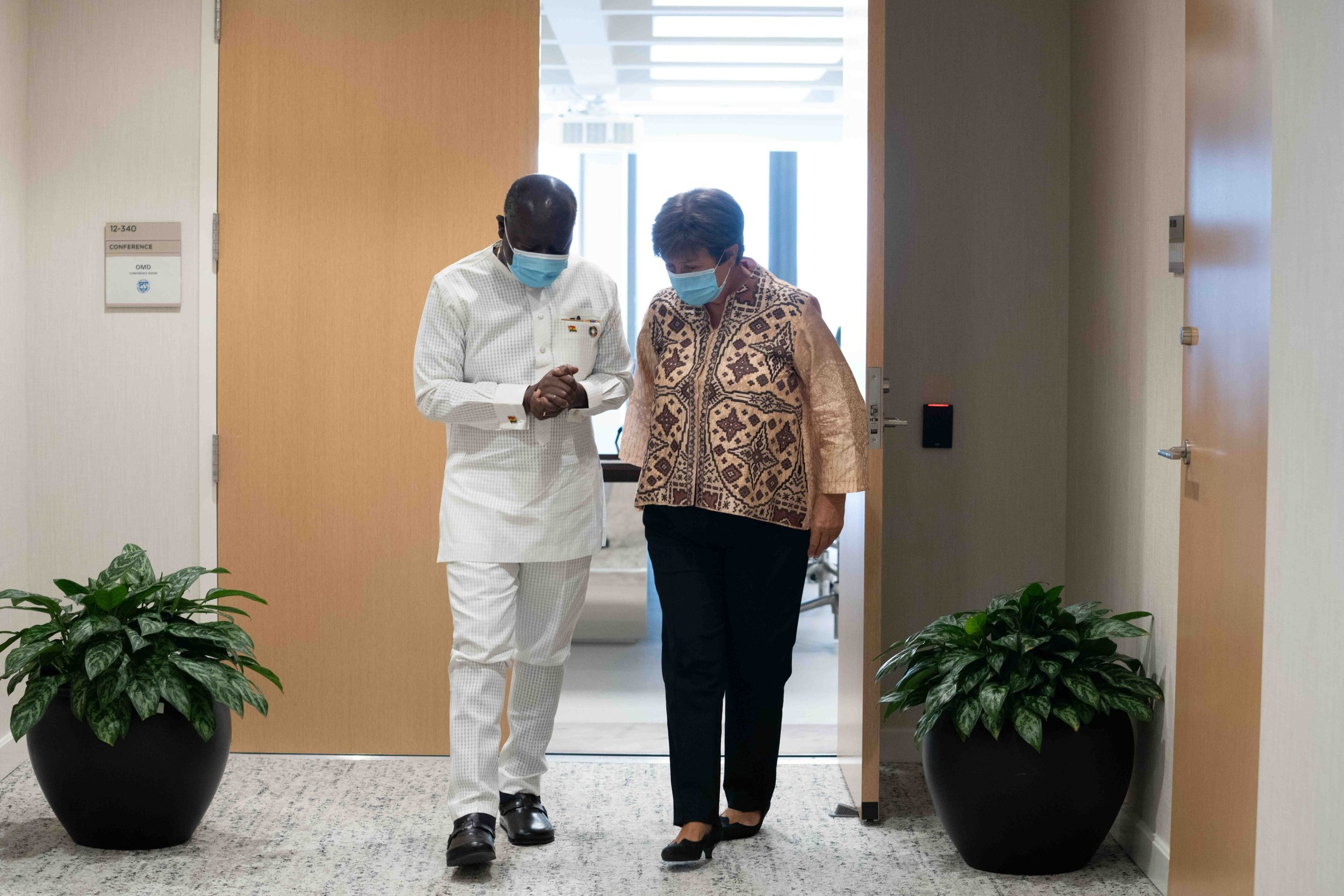Cement price increases to ¢73 as manufacturers blame cedi depreciation
The price for a 50-kilogramme bag of cement has been increased by manufacturers, effective August 30.
Checks by Joy Business revealed that all the major manufacturers have adjusted their prices upward.
GHACEM’s new price list
GHACEM’s new price list for its distributors indicated a price of ¢64.59 for a 50-kilogramme bag of cement of Super Rapid.
Its Super Strong brand is however selling at ¢68 per bag, while the GHACEM Extra is going for ¢72.91.
Why the increase?
Some of the manufacturers say the increase has been influenced by a sudden rise in the cost of operations, from July 2022, due to the sharp depreciation of the cedi over the past months.
Officials at one of the manufacturing firms told Joy Business on condition of anonymity that, “when the factory price (wholesale price) of a 50 kilogramme was about ¢59.00, it was based on an exchange rate of about ¢7.60 in June 2022.
Some of the manufacturers also said customers should expect about ¢8 to ¢15 increase per bag on the market.
This will, however, be influenced by the location as Accra may have a different price from the other regional capitals due to transportation.
The rising cost of operations
“Based on the fact that most of the manufacturers have to import some of the raw materials at a dollar rate of more than ¢9, someone has to take care of this sudden increase in cost”, a manufacturer said.
Some of the manufacturers also told Joy Business that t it has been very difficult to absorb all the rising costs of operations, and therefore there is the need to share some of the burdens with consumers.
This might be the second time in less than three months that the price of the product has gone up due to what the manufacturers described as the rising cost of production
Impact on housing industry
The development may impact the prices of houses in the short term and the personal budget of many individuals who are currently putting up houses in the country.
It could also affect the cost of ongoing construction projects.
Reducing cement prices
Manufacturers had in recent times pushed for government to take a second look at the taxes on the inputs and charges at Ghana’s Ports.
They had hoped government will take an action to help reduce the price of cement.
It is the hope that these manufacturers will see review taxes/levies at the ports, a move that could help slow down the hikes in the price of cement recorded in recent times.


